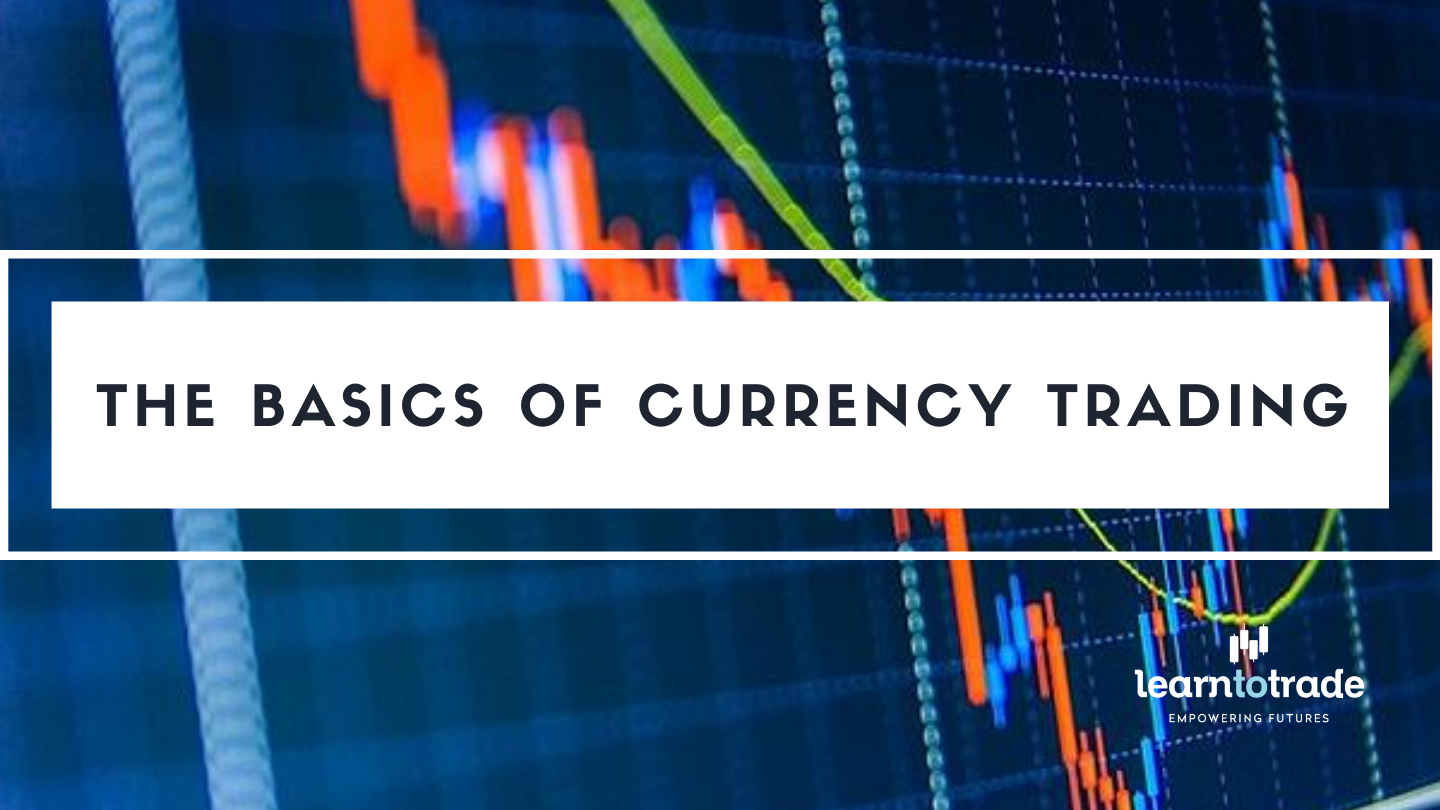4 Reasons Why Forex Traders Lose

Forex trading has been seen by many as a form of gambling. It is often said that 90% of forex traders fail and only a mere 10% of these traders succeed in this career.
The question is, why do this 90% of traders fail? Why can’t they be as successful as the 10% of traders and just copy what they do?
It’s not as easy as it seems. Each trader is different and have their own trading style, strategies, trading psychology and mental capacity.
Here we will provide you some of the most common reasons why most forex traders fail.
Most Aspiring Traders Don’t Understand What They Are Doing
Most aspiring forex traders are overwhelmed when starting out in forex trading. There are so many things that you need to learn and to look for and you just don’t know where to start.
Instead of educating themselves first, most new traders rush into forex trading without any knowledge of key indicators, ideal times to trade, how the market works, economic indicators and more.
It is always better to educate yourself and plan first. Remember, if you fail to plan it just means that you plan to fail.
Does Not Have A Tried and Tested Trading Strategy
Every trader should have their own strategy. However, some take their strategy for granted without even testing and mastering it. Most of them plunge right into trading and use the strategy without even knowing how it really works.
With the right education, a workable method, psychological balance and persistence, it can be done.
You can start by experimenting and studying currency pairs and what moves them, may it be economic indicators or the central banks statement or what not then compare the currency pair to each other. You can also experiment with different time frames, indicators and pinpoint which works best for you.
Fine-tuning your methods may take time. It is best to try it out on a demo account so you won’t have any real losses if the method does not work. That way, you can further fine-tune your methods based on the mistakes that you have done in your demo trades.
Most Traders Risk Too Much
Aspiring traders get into forex trading because they think it’s that easy to make money in this financial market. Most are more focused in making money instead of focusing in the process first.
Consistent traders understand proper risk management first before thinking about profits. Without risk management, you might just blowout your account within a few hours or a few days and that is going to hurt you a lot.
Traders should learn how to calculate their position size and must learn to control their greed. Don’t take trades if it forces you to risk too much.
When making a trade, always think in rational terms instead of following just your gut feel.
Mental Preparedness
Trading psychology is a huge part of trading and most people are not just mentally prepared for it. When money is on the line, you are getting controlled by lots of emotions such as fear, greed and without correcting this first, making your first trade will be hard.
Make sure you understand the emotional aspects of trading and make sure to have the mental fortitude to accept losses because losses are part of the game.
That is why risk management is very important because without it, you will lose even more than you can take and it will greatly affect your mental health and may leave you frustrated which will affect your trading career.
Don’t forget to follow and subscribe for more updates about market trends, analysis, forex news, strategies and more!
Do you want to learn more about forex trading? Sign up now on our FREE forex webinar and reserve your FREE seats while it still lasts!
Risk Disclaimer:
Information on this page is solely for educational purposes only and is not in any way a recommendation to buy or sell certain assets. You should do your thorough research before investing in any type of asset. Learn to trade does not fully guarantee that this information is free from errors or misstatements. It also does not ensure that the information is completely timely. Investing in the Foreign Exchange Market involves a great deal of risk, resulting in the loss of a portion or your full investment. All risks, losses, and costs associated with investing, including total loss of principal and emotional distress, are your responsibility.






































